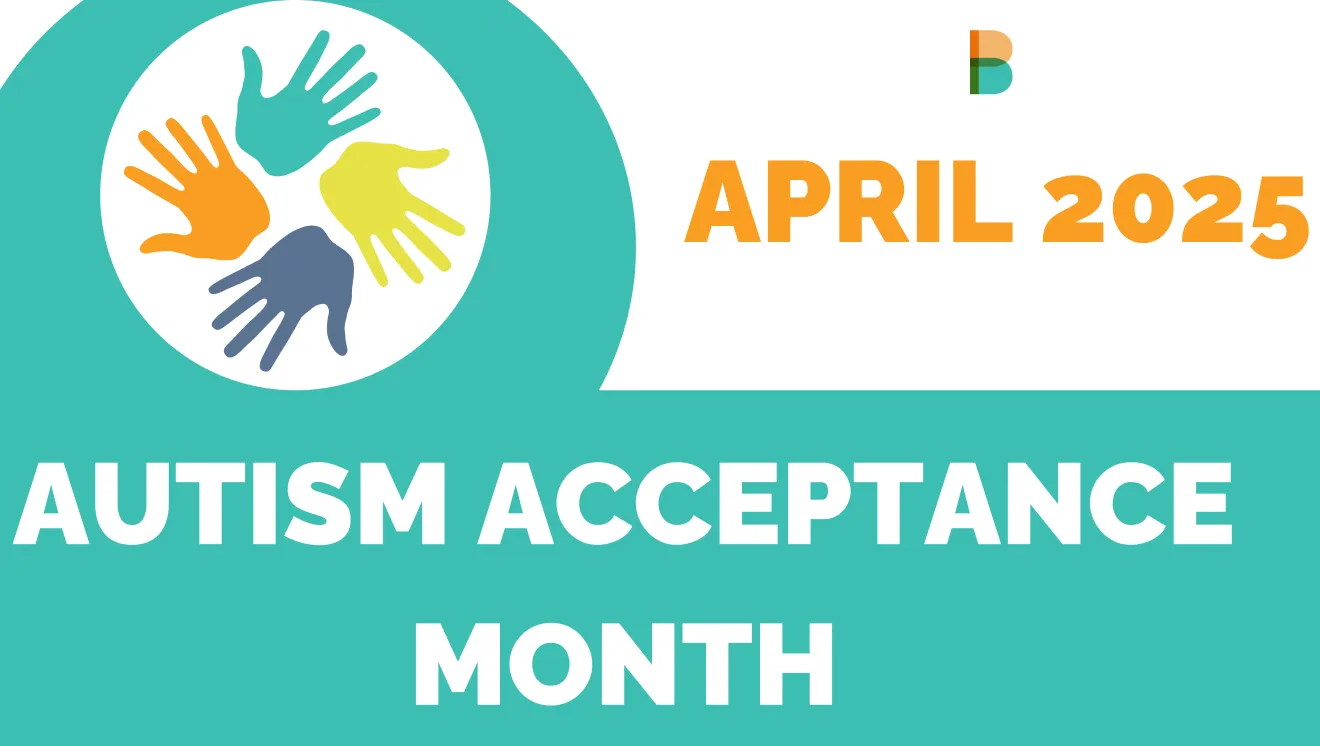Ensuring a Sustainable Future for the I/DD Community
- News
- Events

By Jennifer Riha, Chief Strategy Officer at I Am Boundless
April is Autism Acceptance Month, which celebrates individuals with autism and highlights how people with and without disabilities come together to form strong communities. It’s an important time to reflect on how important the care of individuals with intellectual and developmental disabilities (I/DD), including autism, is and how potential changes in Medicaid policy and the workforce could impact care programs.
Medicaid is commonly the lifeline for families to find essential healthcare and support services for their loved one with I/DD, offered through Ohio’s waiver program and coordinated by county boards of developmental disabilities. Proposed updates in the federal government, including funding cuts of the contribution to match state dollars and structural changes of state allocation of Medicaid funding, are likely to result in a scenario where Ohio’s lawmakers will be faced with a tough decision – choosing between vulnerable populations who need care or cutting services for all people who rely on Medicaid.
States are required by law to prioritize mandatory Medicaid services, leaving “optional” services, including all home- and community-based services for people with I/DD, vulnerable to reductions. Without access to community-based services, people with I/DD will either go without the support they need or could end up in high-cost, state-run institutional settings, which advocates and families have strived to reduce in our society.
The future of care for individuals with I/DD also faces additional challenges with workforce changes. As the need for caregiving rises, providers across the country are faced with staff shortages due to competitive wages alongside inflation, high turnover, a lack of long-term growth opportunities and an aging workforce. The wages paid to direct support professionals who assist individuals with I/DD with everything from personal care to job training are directly tied to Medicaid rates. If Medicaid-funded waivers are reduced, this will only exacerbate recruiting challenges.
Community-based services fuel local economies by creating jobs for direct support professionals and helping people with I/DD and their families/caregivers stay in the workforce. Community providers allow disabled workers to secure employment in high-demand jobs while also being top job creators. Direct support and caregiving are projected to be the fastest-growing professions over the next decade.
According to recent research from ANCOR, 90% of community-based I/DD service providers in the United States experienced moderate or severe staffing challenges in the past year, forcing some to discontinue their programs and services. In Ohio, we have been extremely fortunate to have the support of our lawmakers in passing Medicaid rate increases for the I/DD sector. It would be disastrous for families, providers and advocates to see all the gains made in Ohio undone by Medicaid changes at the federal level. Federal Medicaid cuts won’t save money — they’ll shift costs to states, forcing Ohio’s state lawmakers to cut services for our fellow Ohioans or increase the burden on taxpayers locally.
While the future is uncertain, Boundless is committed to delivering high-quality care, advocating for the rights and needs of individuals with autism and other I/DD diagnoses and working to innovate how services and care are provided.
Boundless has become a national leader in the sector, focusing on providing whole-person care that includes integrated primary care, dentistry, behavioral healthcare and employment services. This ultimately reduces the total cost by reducing hospitalization and emergency department utilization.
As lawmakers balance the need to reduce spending with maintaining essential services and care for people with I/DD, focusing on innovative approaches to care and integrated payment models that reduce the total cost of care will be a far more effective strategy without sacrificing critical services.
During Autism Acceptance Month, we hope policymakers will support Ohio’s commitment to people with autism and other I/DD diagnoses and their families and caregivers.





